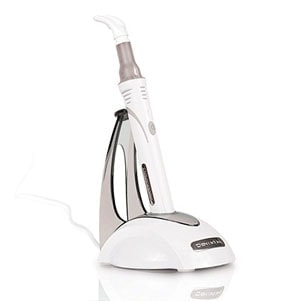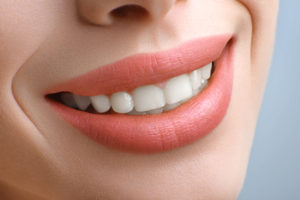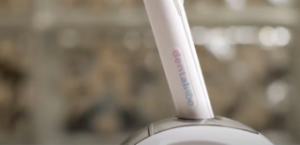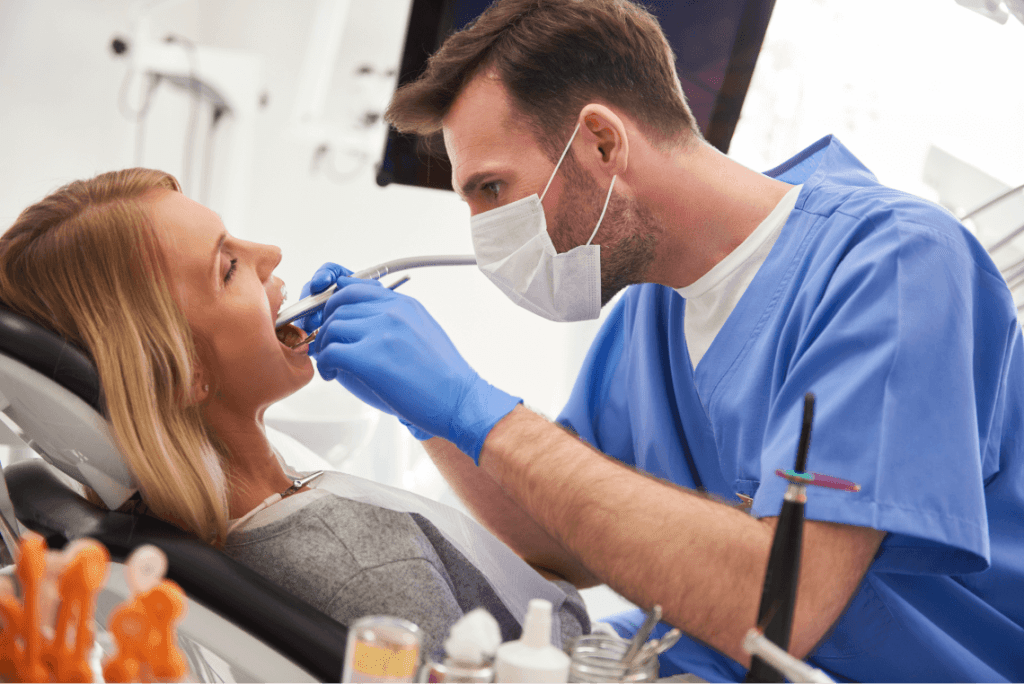Unlike hundreds of years ago, recent advances in dentistry have created dentures that are more attractive, comfortable, and functional than ever.
Facial injuries, tooth decay, or gum disease are often the main culprits of tooth loss. Missing several teeth or having them removed can take away your confidence and your smile. According to the American College of Prosthodontists, about 178 million Americans are missing at least one tooth. Thankfully, there are options available to help you regain your smile and restore your confidence. If you are missing several teeth, you are a prime candidate for dentures.
What are Dentures?
A denture is a removable replacement for missing teeth that restores oral functions and appearance. They can either replace all your teeth on the upper or lower gum line or individual teeth. Irrespective of the dentures you need, they can be customized to fit your mouth and match the rest of your teeth.
How are Dentures Made?
In the event you lose a tooth, the tooth socket begins to fill in with gum tissue and bone that heals and changes shape. This process may take up to a few months. After eight to 12 weeks after the loss or removal of a tooth, a conventional denture can be performed.
The process of creating a denture begins with taking molds or impressions of the oral tissue that will support it. The impressions are then used to make models of the patient’s mouth. In a comprehensive process, the dentist starts building a denture that is a proper fit for the patient’s mouth to ensure the appearance is desirable and establish a proper bite.
Once the denture is complete, and the patient is satisfied with the results, they are advised to make occasional visits during the month for regular adjustments.
What do New Dentures Feel Like?
At first, new dentures may feel loose until the tongue and cheek muscles learn to keep them in place. You may also experience mild soreness or irritation and an increased flow of saliva when you start wearing them. In time as your mouth adjusts, these problems will diminish.
Will Dentures Affect the Way I Look, Speak or Eat?
Dentures resemble your natural teeth and are virtually undetectable. They may restore a person’s appearance and help improve your smile. Eating with dentures takes a little practice. Start with soft foods which have been cut into smaller pieces and chew slowly. Over time you will get used to the dentures and eventually return to your normal diet. Be careful when eating hot foods and hard or sharp edges of bones. You are advised to avoid foods that are sticky such as chewing gum, while wearing dentures.
After getting dentures, you may need to practice your pronunciation as you may experience some difficulty. If the dentures make a clicking sound when you speak, consult your dentist. Occasionally, dentures may slip when you smile, laugh or cough, so do not be alarmed. You can easily reposition them by gently biting down.
Should Dentures be Worn 24hours a Day?
Your dentist will advise you on how long you should wear your dentures and when to remove them. During the first few days, you may need to wear them all the time, including when sleeping. It may feel uncomfortable, but it is the easiest way to identify areas that need readjustment. After the adjustments, the regularity of wearing the dentures may be adjusted to exclude going to bed.
Do I Need to Use Denture Adhesive?
A denture adhesive may be used in the following circumstances:
- Reduce the effects of dry mouth that lessen denture adherence. This may be caused by neurological disabilities such as stroke and taking cold medication.
Denture adhesives offer two main options:
- Paste application: This type of denture adhesive can be applied to a wet or dry denture. Avoid putting the adhesive very close to the denture borders and use it sparingly.
- Powder application: Powder application is widely preferred because it is easier to clean off the tissue and denture. Unlike the paste, powder application doesn’t keep the denture away from the tissue.
Denture adhesives shouldn’t be considered in the following circumstances:
- As a fix for poorly fitting or constructed dentures. If your dentures feel uncomfortable or loose, consult your dentist immediately.
- In the absence of healthy oral hygiene practices. Denture adhesives shouldn’t be used when oral hygiene cannot be sustained.
- An alternative to denture adjustment or replacement. When a patient hasn’t had their dentures evaluated in a long time, they may not fit properly, resulting in temporary fixes.
- When a known allergy to the adhesive’s ingredients exists.
Are There Alternatives to Dentures?
Yes, there are. Some great alternatives to denture include dental implants and bridges. A dental implant may be used to support a cemented bridge. They are more costly but often feel like real teeth. Dental implants can also be used to add more stability to a denture.
On the other hand, Bridges are porcelain, gold, or zirconium teeth used to replace missing teeth. They can only be used to replace two or three missing teeth and are a permanent fixture.
















